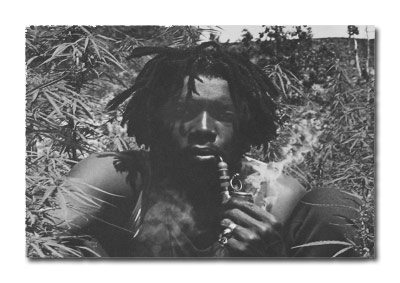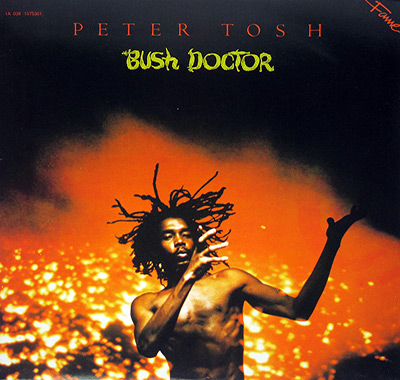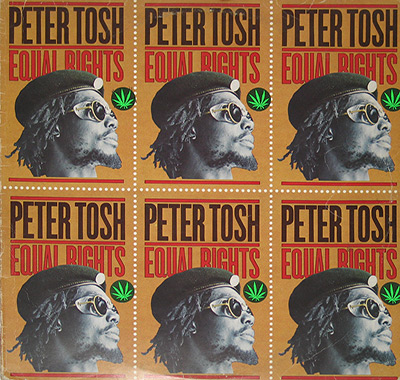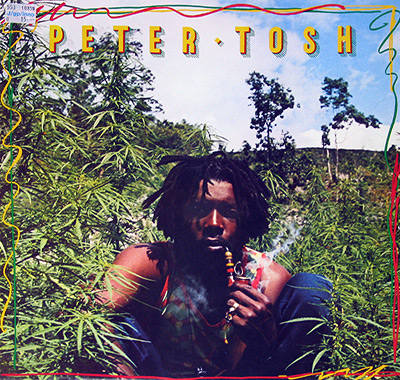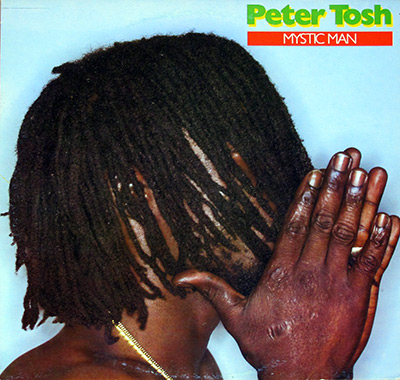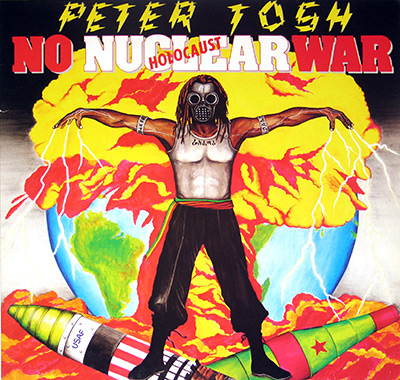PETER TOSH Band Description:
Peter Tosh was a legendary Jamaican musician, known for his powerful voice, potent lyrics, and uncompromising stance on social justice. He rose to fame as a member of the reggae group, The Wailers, alongside Bob Marley and Bunny Wailer. However, it was his solo career that cemented his place in music history as a pioneer of roots reggae and an advocate for the rights of the oppressed.
Early Life and Career
Peter Tosh was born Winston Hubert McIntosh on October 19, 1944, in Grange Hill, Jamaica. He grew up in the impoverished community of Trench Town, where he met Bob Marley and Bunny Wailer. The three boys shared a love of music and soon formed The Wailers, which went on to become one of the most influential reggae bands in history.
During his time with The Wailers, Tosh was a key contributor to their early success, co-writing some of their most iconic songs, including "Get Up, Stand Up" and "400 Years." However, he eventually left the group in 1973 to pursue a solo career.
Solo Career and Activism
Tosh's solo career was marked by a deep commitment to social justice and a fierce criticism of the political establishment. His music often addressed issues such as poverty, racism, and police brutality, and he was unafraid to speak out against the government of Jamaica and other oppressive regimes around the world.
In 1976, Tosh released his seminal album, "Legalize It," which called for the decriminalization of marijuana and brought attention to the Rastafarian movement, of which Tosh was a devout adherent. The title track of the album became an anthem for the legalization movement and remains one of Tosh's most popular songs.
Tosh's activism extended beyond his music. He was an outspoken critic of the Jamaican government and advocated for the rights of the poor and marginalized. In 1978, he founded the Human Rights and Equality Movement, which sought to address issues such as police brutality, corruption, and discrimination against Rastafarians. Tosh himself was often the target of police harassment and violence due to his outspoken views.
Legacy and Influence
Tragically, Tosh's career was cut short when he was murdered at his home in Kingston, Jamaica, in 1987. However, his music and activism continue to inspire generations of musicians and activists around the world. His uncompromising stance on social justice, combined with his unique blend of reggae, rock, and soul, paved the way for artists such as Bob Marley, Steel Pulse, and Burning Spear.
Tosh's influence can also be seen in the growing movement for the legalization of marijuana, which has gained significant momentum in recent years. His song "Legalize It" has become an anthem for the movement, and Tosh is often credited with helping to bring attention to the medicinal and cultural significance of marijuana in Rastafarian culture.
